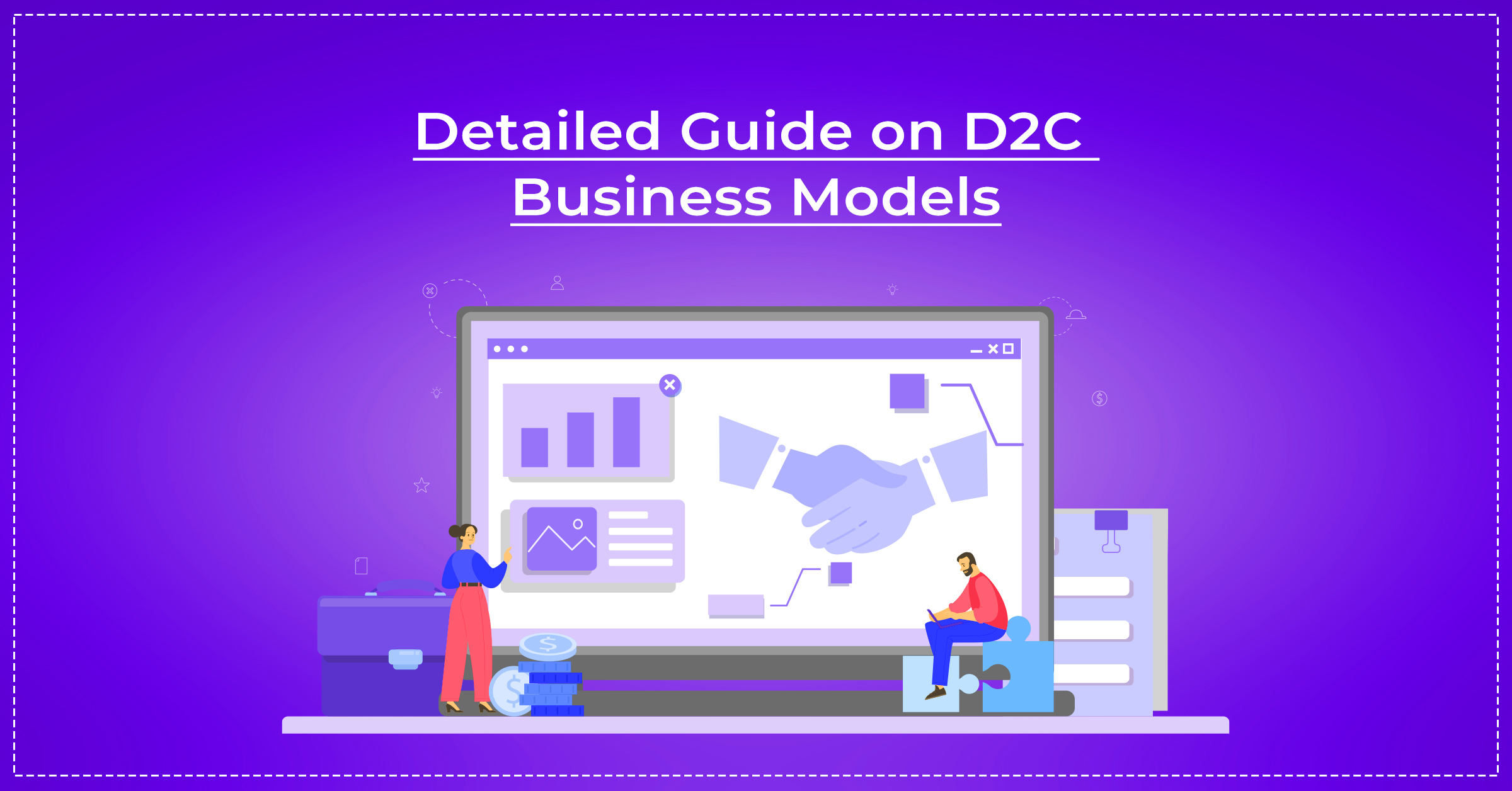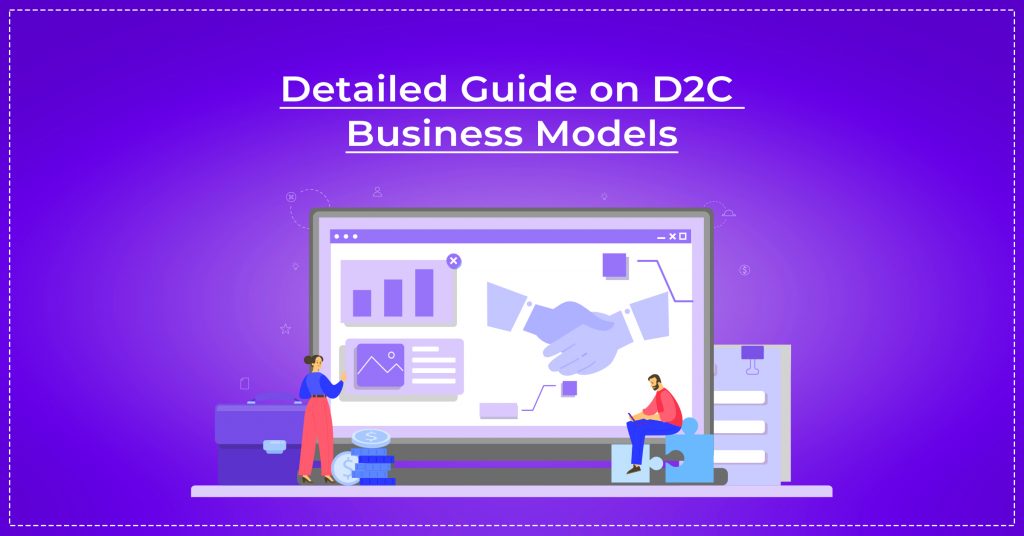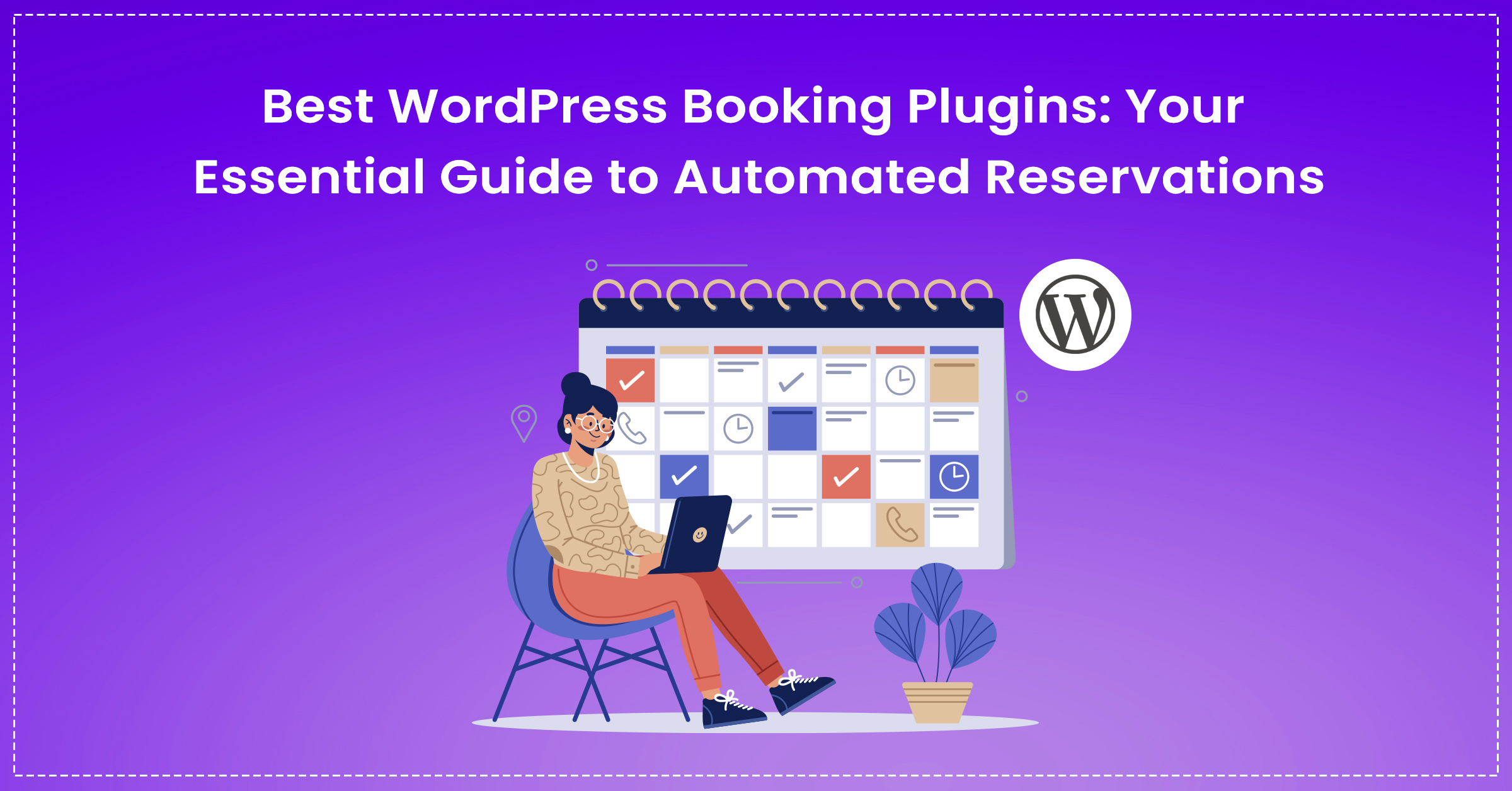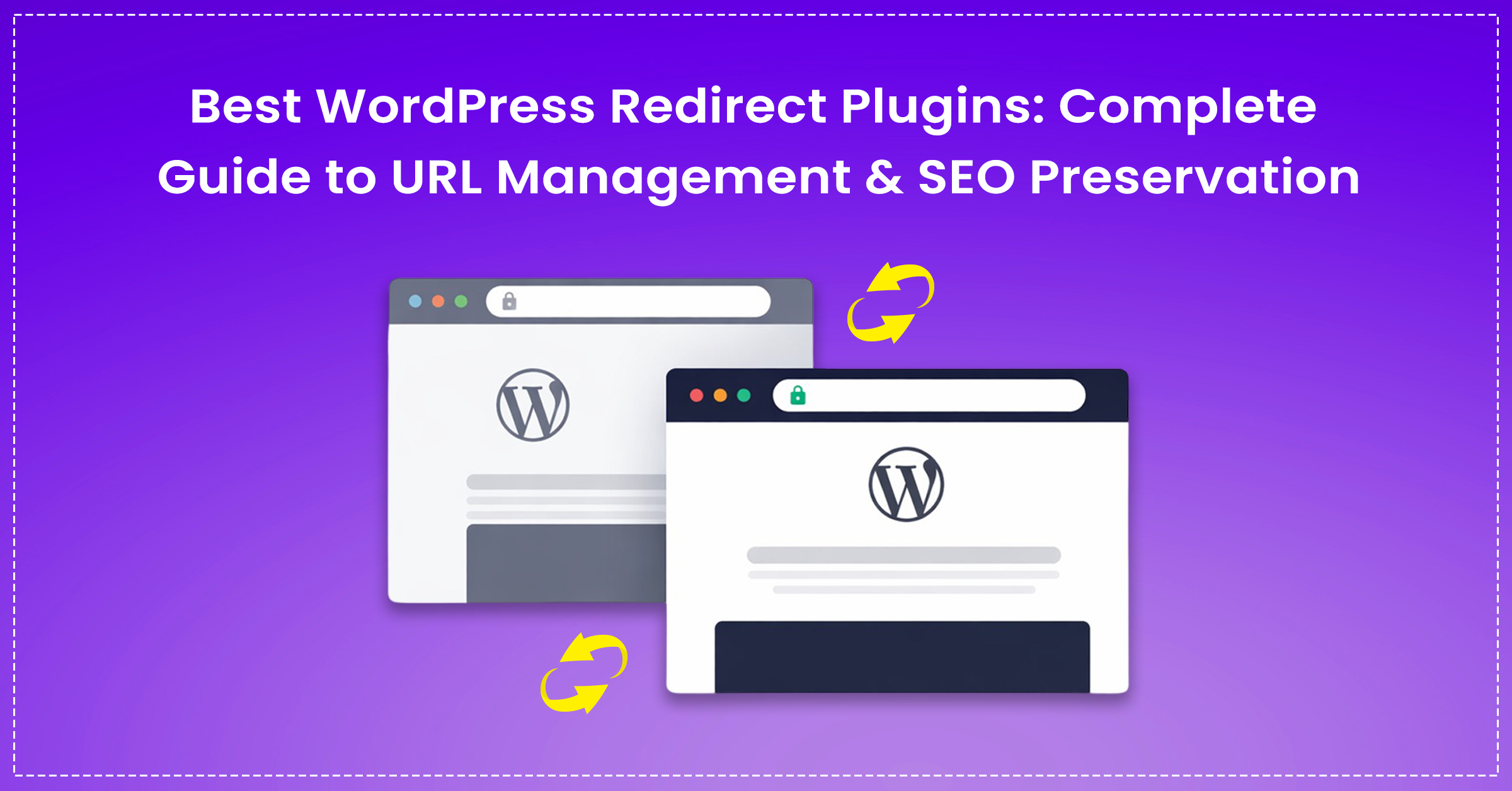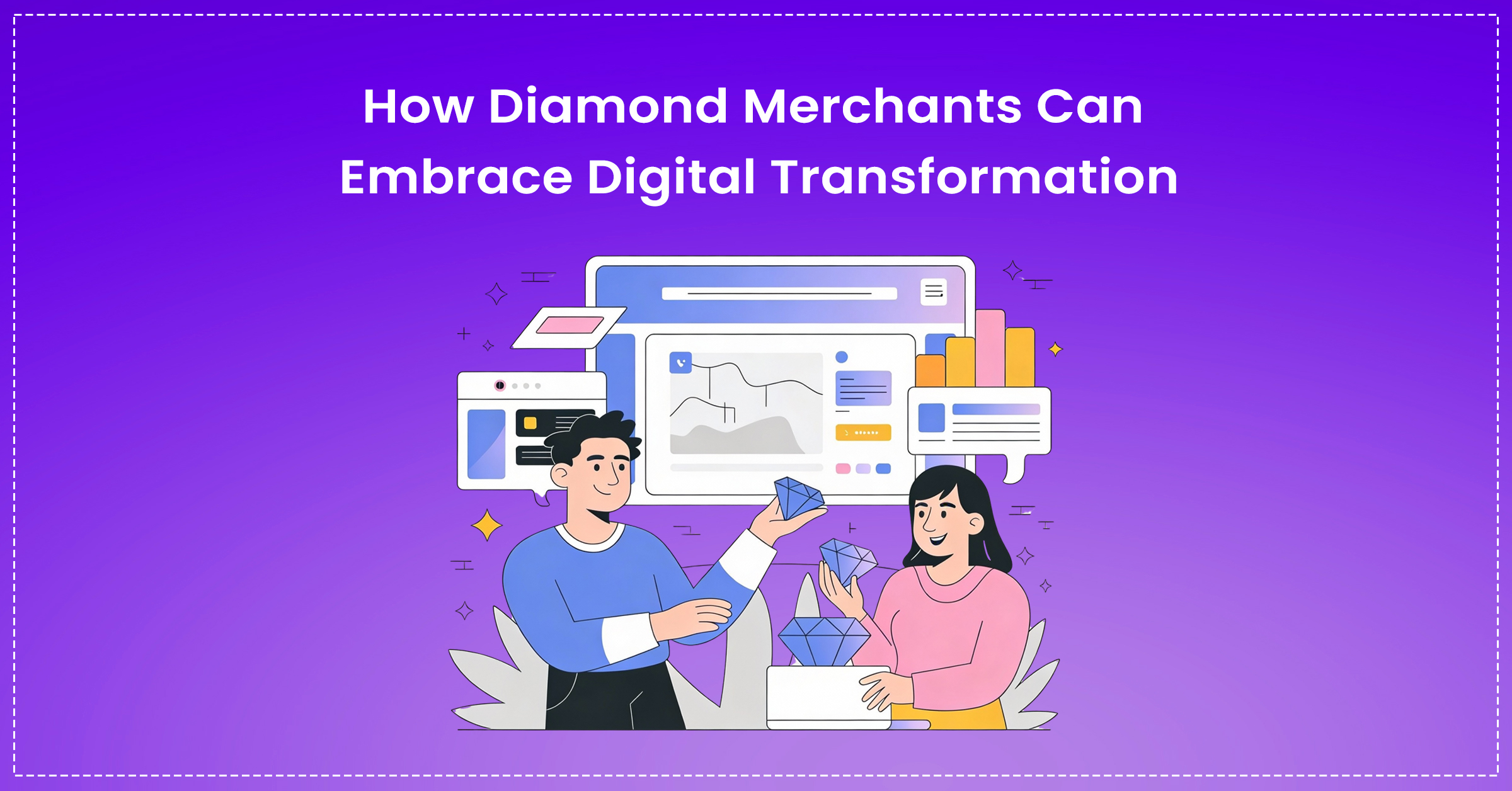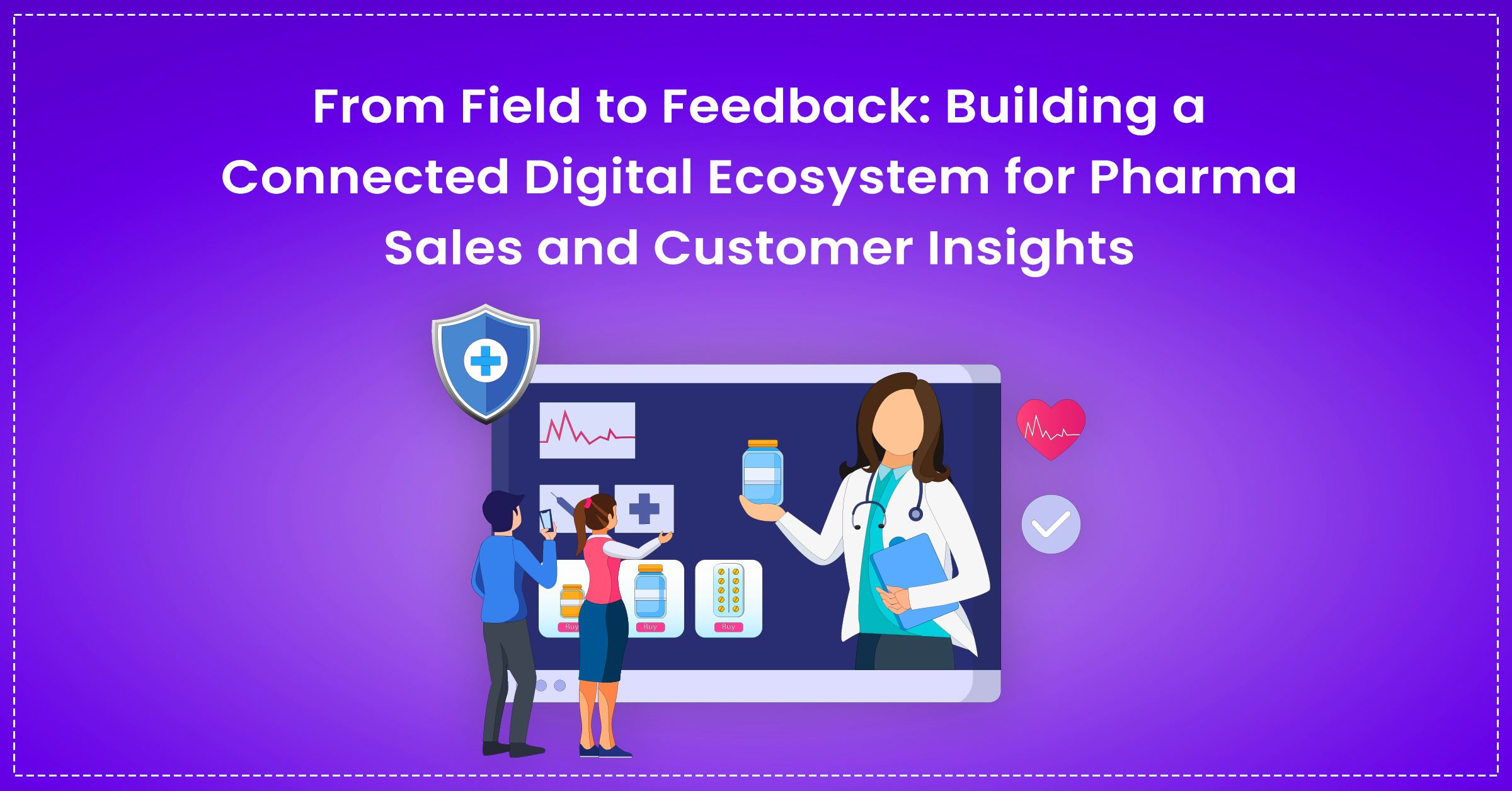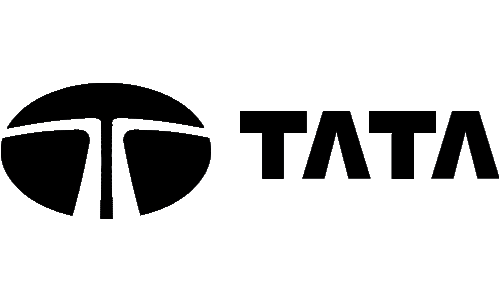That just shows the potential of the D2C Business model. This blog’s author, Saurabh, has come up with ways to help you unleash the mystery behind the D2C Model and its pros and cons. Towards the end, you’ll also find a step-by-step guide for those willing to step into the field and give wings to their business idea!
So, stay tuned!
Let’s start with getting the basics straight!
What is D2C Model?
![]()
D2C stands for Direct to Customers where businesses produce their inventory and sell it through personalised channels by making use of high-stack technology.
Since D2C is an online retail model, it eliminates the need for wholesalers and middlemen and sells the products directly to the final consumer. The idea is that by removing the intermediaries businesses can have higher control over the quality and cost of their products and ultimately enjoy higher profits.
This approach also enhances customer convenience and that’s why the D2C model has gained a lot of popularity in recent years. But, how does the D2C model work?
The brands working on this model pile a rational amount of stock with them and as and when a customer makes a purchase they sort, package, and deliver the product. No third parties are involved at any point and the communication between brands and customers is prompt and direct.
The best part is the D2C Model is highly flexible and can be applied to almost any industry.
Take the example of Country Delight which is emerging as one of the biggest competitors of the age-old brand, Amul. The company sells highly-perishable goods like milk, fresh fruits and vegetables yet has managed to garner a strong customer base.
The secret to their success is the ‘farm-to-table’ approach that they have adopted wherein they have set up a ‘shock-proof’ supply chain that sources the produce from farmers and delivers it to the doorstep of customers. In an interview with the ET, one of the founders of the company, Mr Chakradhar Gade, revealed that AI and IoT are making it easier for them to track and trace the produce from sourcing to delivery.
Even globally-recognised brands like Nike are leveraging this business strategy to reach directly to their customers and earn higher revenue.
Pros of the D2C Business Model

1. Increased Profit Margins

No Middlemen equals Higher Profit. But, how does D2C eliminate middlemen? The answer lies in the organic marketing strategies adopted by businesses to promote their products. Plenty of D2C brands in India only sell products online on their website and other marketplaces like Amazon, Myntra, etc. Since they are digital-first brands, they invest heavily in Performance marketing, SEO, Email Marketing and overall Branding.
This way, they increase their profit margins by directly selling to customers online. Popular brands like Boat, Mamaearth, Licious, and The Souled Store are operating this model at the national level. Also, reports have shown that from their inception D2C brands have higher chances of earning 60-75% of profit margins (and later even 100%).
2. Higher Brand Credibility

Think about it, when the products directly come from the producers, the consumer’s trust in that business is higher than the off-the-shelf products they get in general retail stores and malls.
Taking our earlier example of Country Delight, the brand claims in its ads that by eliminating intermediaries they are also eliminating the chances of adulteration, ensuring high-quality milk delivered to their customers’ doorstep.
3. Direct Access to Customer Data

While selling your products through your business’ website or mobile app, you get a chance to understand what products are the most popular among which audience segment, what areas need to be worked upon, how your audience interacts with your business and so on.
How do you do this? Well, there are plenty of tools and technologies available that make analysing the data of your customers easy. With this customer data at hand, you can set out to create a more personalised shopping experience. However, that is not possible through third-party platforms.
4. Prompt Feedback Mechanism

Generating feedback through reviews and ratings becomes easier on one’s portal or mobile app. This fosters open communication and gives a chance for businesses to improve their products and services. At the same time, the scope for testing new products is also wide.
Cons of the D2C Business Model
1. Upfront Payment Required

Selling directly to customers can also be challenging. In the traditional course, the retailers act as intermediaries between manufacturers and end consumers.
However, when they’re entirely erased from the equation, your sales will depend on the willingness of customers to pay upfront for your products or services. This will affect your inventory, marketing and other expenses.
2. Operational Challenges

When everything from manufacturing to distribution is on the shoulders of a single entity, it can be challenging to manage everything. One of the obvious challenges in a D2C business is that of amassing an audience base.
Since you don’t have access to the existing audience base of retail giants, you need to build it from scratch which might take a lot of time and energy. Thus, consistency and adaptability are equally important in the D2C business model.
A Step-By-Step Process for Setting Up an Online Store For Your D2C Business!
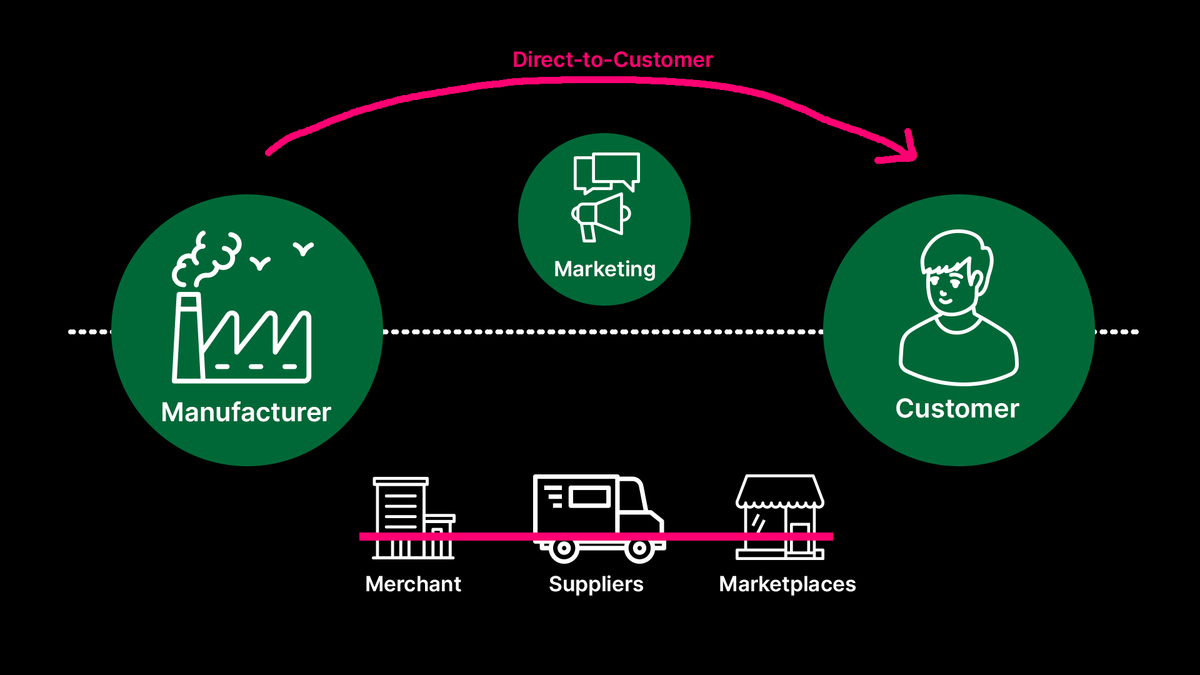
If you want to translate your unique business idea into a scalable D2C business, you need to get the following things in place.
Step 1 – Financing: Starting any business requires capital. Thus, jotting down the potential finance sources is important before going ahead with the business idea. For instance, the founders of Dot & Key bootstrapped, however, there are other sources of finance such as microloans, government loans and grants for MSMEs, venture capital and so on.
Step 2 – Platform Selection: Once the finance and manufacturing are set, the first and foremost question you need to ask yourself is “How am I going to sell these products?” “Would a website be the right choice or do I want to start big with an app? Or should I adopt a social commerce model?” Your choice must depend upon your long-term business goals, the resources at your disposal, and your technical knowledge of the platform.
For example, the famous beauty and skin-care brand Dot & Key is a D2C brand that started by selling a limited range of skin-care products online through their website. Gradually as they expanded, they put up their products on Nykaa and Amazon too. However, even today, the majority of their revenue comes through their website. Now, the founders are planning to step into the retail domain and make the products available in stores and pharmacies.
Step 3 – Setting Up Your Online Store: This is perhaps the lengthiest procedure and it is where the actual work gets done. For instance, developing and designing the website, putting images and videos of your products on the website, getting a robust payment system in place, setting up shipment and delivery processes, etc. If you’re looking for a cost-efficient web or app development company in India, check out our website development and mobile app development services. With our prolific team, we create magic for businesses by making their dream online store a reality on every screen.
Step 4 – Logistics and Fulfilment: From packaging and shipping to the final delivery, a foolproof system needs to be put in place that ensures customer satisfaction and more sales for your business. Thus, paying heed to the details is of utmost importance.
Step 5 – SEO and Social Media: Remember that in D2C, the manufacturer is the distributor. So, the onus of marketing your products falls on you. How do you spread the word about your business? Well, there are plenty of ways through which you can attract customers to your online store such as influencer marketing, social media marketing, referrals, newsletters, organic and paid advertising on search engines, and so on.
But let’s admit it, being the jack of all trades is not easy. If marketing is not your forte then your business can suffer tremendous losses. Thus, if you’re looking for guidance and support to market your products efficiently, check out our SEO and Social Media Management Services. Our seasoned SEO experts and social media managers have voyaged through every alley of the alluring world of social media and they offer customised solutions after studying your business in detail.
Step 6 – Customer Service: The key benefit of retail stores is the one-stop customer service it offers. However, to succeed in the virtual world, robust customer service needs to be put in place. This can be done through multiple channels like email, phone, and chatbots. Also, a clear return policy needs to be spelled out on your website and the process needs to be simplified.
Conclusion
From well-known global brands like Nike to Indian brands such as Kama Ayurveda, Simple Skincare, Dot & Key, Boat, Mamaearth, and Country Delight, prominent companies are riding the D2C wave.
Are you also thinking to launch your D2C business? Setting up an online store is easier with Eiosys by your side. From web and mobile app development to SEO and SMM services, our exceptional services are just a click away from you.


